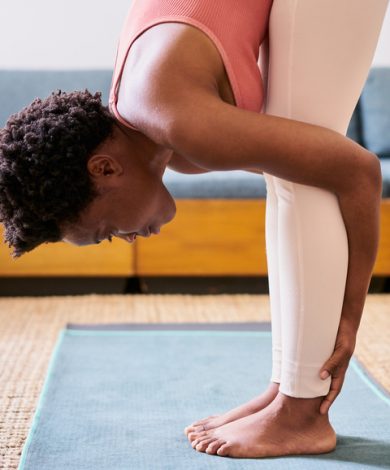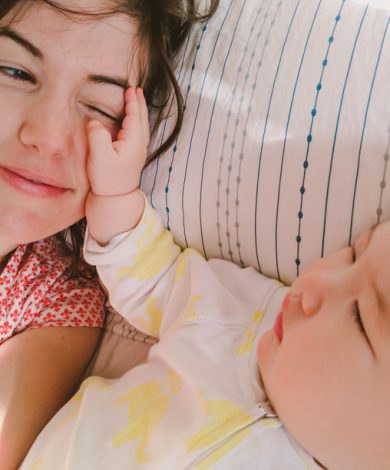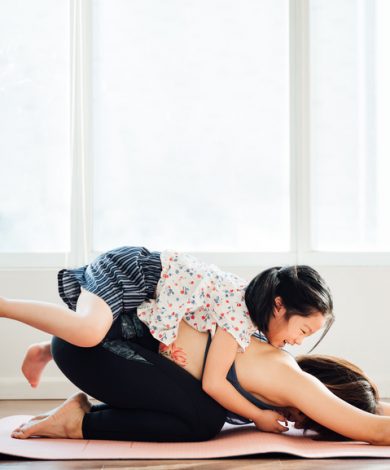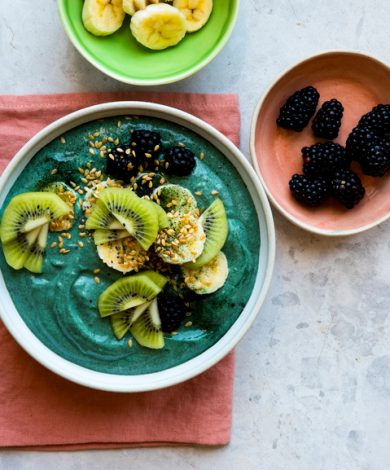During these first weeks of motherhood, you are in the middle of an evolution. And…
Mindset
Why Postpartum Depression & Anxiety Don’t Always Look How You Expect
July 5, 2021 • By Anne Omland
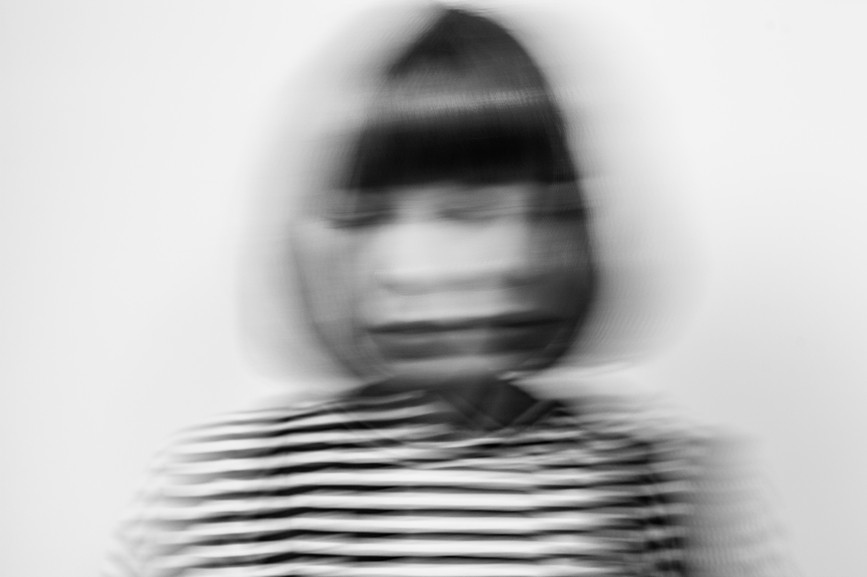
We don’t talk about how lonely motherhood is. Or maybe we do, but not nearly enough. How isolating it feels even if we live with others. How you can meet another new mom and still feel alone, not knowing if sharing your truth is too much. Too honest. Too real. Or worse, wrong.
When I became a mom, we had just moved to a new town, far from family, very few new friends, and my partner traveled all the time. On top of feeling lonely, I was also literally alone. A lot. I made some new mom friends, which is like dating but worse. There are no butterflies, no giggling, and no “over the jeans stuff.”
But there is definitely still all the weirdness around how YOU you should be upfront. The fear that if you reveal too much too soon, you’ll lose them. And even though I was meeting other new moms, presumably going through the same things as me, I didn’t know them. They didn’t know me.
I felt totally alone.
At the same time, I loved my daughter so much. I tried so hard to become pregnant and had been dreaming of this magical time together and yet, I was struggling. I was usually ok the first half of the day, but once she woke up from her afternoon nap, I watched the clock like a hawk.
I struggled to breastfeed.
My hair was falling out in clumps.
I chose to pretend everything was fine.
I didn’t tell anyone anything.
It was a lot to hold onto by myself and I missed how easy life was before. I started to wonder… Is this normal? Is something wrong with me? Am I ok?
Right before I gave birth, my friend told me she’d been diagnosed with PPD. I was shocked. It didn’t make sense to me because she’d never suffered from depression before. But that’s the thing about postpartum depression, it doesn’t work the way you might expect it to. (You knew that’s where it was going right?) And now people are talking about postpartum anxiety (PPA), but there isn’t a lot about what it actually looks like.
For example, you can have PPD/PPA and love your baby. Yet, so often these mood disorders are equated to feeling apathetic toward our baby. Or like, if you’re able to be upright and go for a walk, there’s no way you’re suffering silently inside.
It’s lonely, confusing, and not what I — or you?– expected. Sure, we got the message that we’d never sleep again, that we’d love so much it would hurt, that we’d worry over whether we’re doing it right or not but all this? This is different.
I’m going to say it one more time…It’s not what we expected. It’s depleting. It’s vulnerable. It’s worrisome. It’s all-encompassing.
Here’s the good part… Whether you’re solidly in the baby blues, certain you’re in the PPD/PPA zone, or somewhere in the gray area, we got you. You are NOT alone. And the best thing you can do for your emotional health, mental health, and your family is take care of yourself before you care for anyone else.
You don’t have to be experiencing the worst case scenario for it to be worth caring for your own wellbeing.
There are so many factors that influence PPD/PPA and I want to share them with you. With more information, you can be empowered to meet yourself exactly where you’re at and maybe even support another new mama you meet at the playground.
PPD/PPA FUN FACTS:
People who experience chronic pain are more likely to experience depression.
Pregnancy, birth interventions, feeding, and holding a baby can have temporary and lasting physical side effects. Body work is a great solution- chiropractic and cranio sacral work can help ease chronic pain after birth.
Nutritional depletion postpartum can lead to depression.
Your body needs healing, nourishing, simple whole foods. Check out this article on which foods to favor and which to avoid postpartum to help you navigate this. Your gut is directly connected to your brain via the vagus nerve so what you feed your microbiome can fight brain fog, depression and anxiety.
Breastfeeding challenges are a huge contributor to PPD.
Women who struggle to breastfeed due to pain or lack of guidance and support are prone to depression, anxiety, and self doubt. Spending time with other new moms, checking in with your doctor, and a good therapist can help you feel seen and supported in finding your right way to feed your baby.
Being isolated from those you trust can lead to PPD.
Women who live away from family and friends (that’d be me), who are single parents, or are often parenting on their own are prone to higher levels of anxiety and depression. A postpartum doula, someone whose sole job is to support and care for you, the mom, can reduce anxiety and depression. We aren’t meant to do this alone. And we are not meant to suffer.
Whether it’s PPD, PPA, or somewhere in that gray area, I’m here to remind you that it’s more than ok to spend time and money on your physical and mental health.
Manicures and facials are nice treats, but what you may need is deeper self healing.
You have permission to spend time and money on you. That can look like a postpartum doula, a counselor, a lactation consultant, a pelvic floor physical therapist, organic produce, a better multi-vitamin, house and personal hygiene products that have fewer chemicals.
You deserve to be healed in all ways, little and big.


